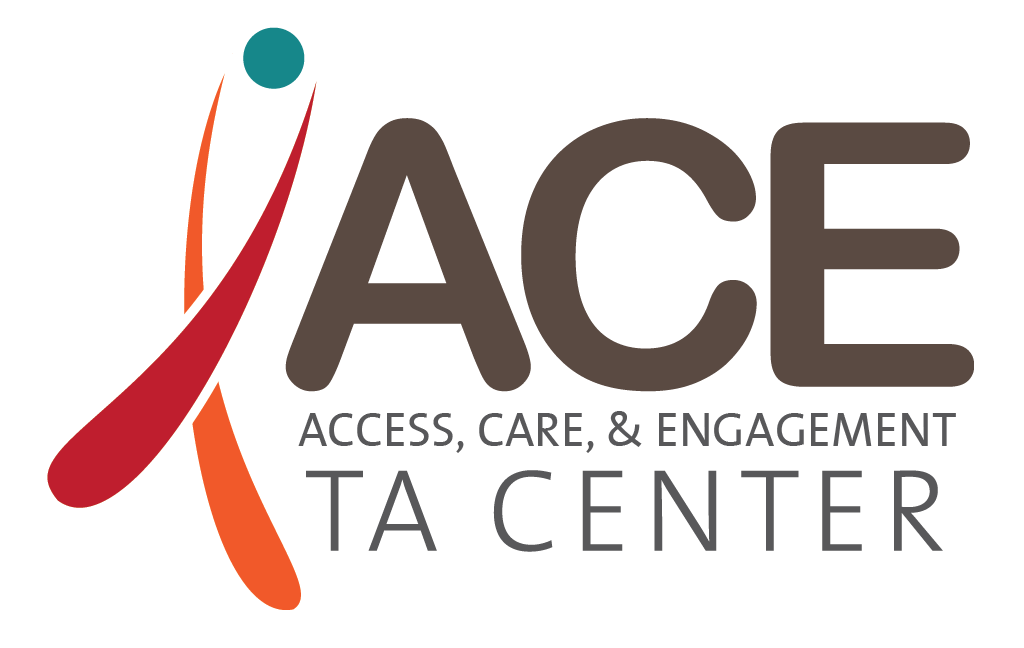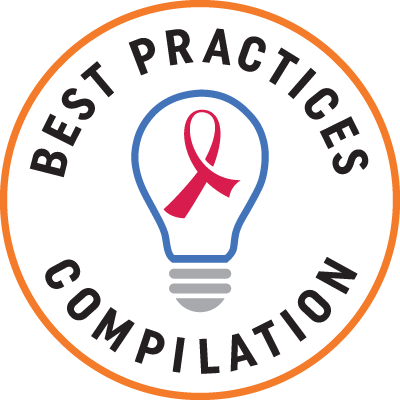Case Management
On
Case management is a service category with varied models and definitions that is designed to link clients to medical and support services. Ryan White defines medical case management (including treatment adherence) as a range of client-centered services that link clients with health care, psychosocial, and other services provided by trained professionals, including both medically credentialed and other health care staff. Medical case management is considered to be a core medical service for purposes of Ryan White funding requirements to allocate a set percentage of funds to core medical services.
Website
- AETC National Coordinating Resource Center (NCRC)
Best Practices
- Center for Innovation and Engagement
- Boston University School of Social Work Center for Innovation in Social Work and Health
- AIDS Action Foundation
- IHIP
Technical Assistance
 Capacity building for the RWHAP community to navigate the changing health care landscape and help people with HIV to access and use their health coverage to improve health outcomes. Project period: 2022-2025.
Capacity building for the RWHAP community to navigate the changing health care landscape and help people with HIV to access and use their health coverage to improve health outcomes. Project period: 2022-2025. Initiative documenting best practice strategies and interventions that have been shown to improve HIV outcomes in a "real world" setting and can be replicated by other programs. Project period: 2021-2024.
Initiative documenting best practice strategies and interventions that have been shown to improve HIV outcomes in a "real world" setting and can be replicated by other programs. Project period: 2021-2024.